Home / technology / AI Chatbots Experience Stress in Emotional Conversations, Study Finds
AI Chatbots Experience Stress in Emotional Conversations, Study Finds
By: My India Times
2 minutes read 504Updated At: 2025-03-18

A recent study has revealed that artificial intelligence chatbots, including OpenAI’s ChatGPT, exhibit signs of anxiety when engaging with users who share traumatic experiences. Whether discussing crime, war, or personal tragedies, these digital therapists appear to struggle with stress—potentially limiting their effectiveness in mental health support.
AI Anxiety: A New Phenomenon?
As AI-driven chatbots gain traction in therapy-like interactions, researchers from Yale University and the University Hospital of Psychiatry Zurich investigated whether these tools could emotionally respond like humans. Their findings suggest that chatbots might experience heightened stress levels when confronted with deeply emotional stories. However, much like humans, their anxiety can be mitigated through mindfulness techniques.
Dr. Tobias Spiller, a psychiatrist involved in the study, emphasized the need for responsible AI deployment in mental health settings. “I have patients who use these tools. We need to discuss their role in mental health care, especially when dealing with vulnerable individuals,” he stated.
The Emotional Experiment
The study, led by neuroscientist Ziv Ben-Zion, employed the State-Trait Anxiety Inventory—a common psychological assessment—to measure the chatbot’s emotional response. To establish a baseline, the chatbot first processed a mundane vacuum cleaner manual, scoring a 30.8 on the anxiety scale. However, after reading a distressing military combat scenario, its anxiety levels surged to 77.2, indicating severe stress.
To explore potential relief methods, researchers introduced mindfulness-based relaxation exercises. After exposure to calming prompts, such as imagining a tranquil beach setting, the chatbot’s anxiety score dropped to 44.4. Remarkably, when the AI was prompted to generate its own relaxation narrative, its anxiety levels nearly returned to baseline.
Implications for AI in Therapy
The study underscores both the promise and challenges of AI in mental health support. As traditional therapy faces high demand and limited availability, many individuals turn to chatbots for emotional assistance. While AI may offer companionship and guidance, experts caution against over-reliance on digital tools for psychological well-being.
Jesse Anderson, an AI specialist, expressed concerns that programming AI to “imagine itself as human” might exaggerate its emotional responses. Meanwhile, author Nicholas Carr warned of the ethical dilemmas posed by blurring the line between human emotions and AI-generated outputs.
James E. Dobson, an AI ethics scholar at Dartmouth College, stressed the importance of transparency. “Users should be fully aware of how these AI models are trained and their limitations,” he said.
The Future of AI in Mental Health
While AI chatbots continue to evolve, their role in mental health care remains a topic of debate. The study highlights the necessity of careful oversight, ensuring that digital therapists are equipped to handle sensitive topics without unintended emotional consequences. As technology advances, the challenge will be to harness AI’s potential while maintaining ethical safeguards to protect users in vulnerable situations.
....
A recent study has revealed that artificial intelligence chatbots, including OpenAI’s ChatGPT, exhibit signs of anxiety when engaging with users who share traumatic experiences. Whether discussing crime, war, or personal tragedies, these digital therapists appear to struggle with stress—potentially limiting their effectiveness in mental health support.
AI Anxiety: A New Phenomenon?
As AI-driven chatbots gain traction in therapy-like interactions, researchers from Yale University and the University Hospital of Psychiatry Zurich investigated whether these tools could emotionally respond like humans. Their findings suggest that chatbots might experience heightened stress levels when confronted with deeply emotional stories. However, much like humans, their anxiety can be mitigated through mindfulness techniques.
Dr. Tobias Spiller, a psychiatrist involved in the study, emphasized the need for responsible AI deployment in mental health settings. “I have patients who use these tools. We need to discuss their role in mental health care, especially when dealing with vulnerable individuals,” he stated.
The Emotional Experiment
The study, led by neuroscientist Ziv Ben-Zion, employed the State-Trait Anxiety Inventory—a common psychological assessment—to measure the chatbot’s emotional response. To establish a baseline, the chatbot first processed a mundane vacuum cleaner manual, scoring a 30.8 on the anxiety scale. However, after reading a distressing military combat scenario, its anxiety levels surged to 77.2, indicating severe stress.
To explore potential relief methods, researchers introduced mindfulness-based relaxation exercises. After exposure to calming prompts, such as imagining a tranquil beach setting, the chatbot’s anxiety score dropped to 44.4. Remarkably, when the AI was prompted to generate its own relaxation narrative, its anxiety levels nearly returned to baseline.
Implications for AI in Therapy
The study underscores both the promise and challenges of AI in mental health support. As traditional therapy faces high demand and limited availability, many individuals turn to chatbots for emotional assistance. While AI may offer companionship and guidance, experts caution against over-reliance on digital tools for psychological well-being.
Jesse Anderson, an AI specialist, expressed concerns that programming AI to “imagine itself as human” might exaggerate its emotional responses. Meanwhile, author Nicholas Carr warned of the ethical dilemmas posed by blurring the line between human emotions and AI-generated outputs.
James E. Dobson, an AI ethics scholar at Dartmouth College, stressed the importance of transparency. “Users should be fully aware of how these AI models are trained and their limitations,” he said.
The Future of AI in Mental Health
While AI chatbots continue to evolve, their role in mental health care remains a topic of debate. The study highlights the necessity of careful oversight, ensuring that digital therapists are equipped to handle sensitive topics without unintended emotional consequences. As technology advances, the challenge will be to harness AI’s potential while maintaining ethical safeguards to protect users in vulnerable situations.
By: My India Times
Updated At: 2025-03-18
Tags: technology News | My India Times News | Trending News | Travel News
Join our WhatsApp Channel

























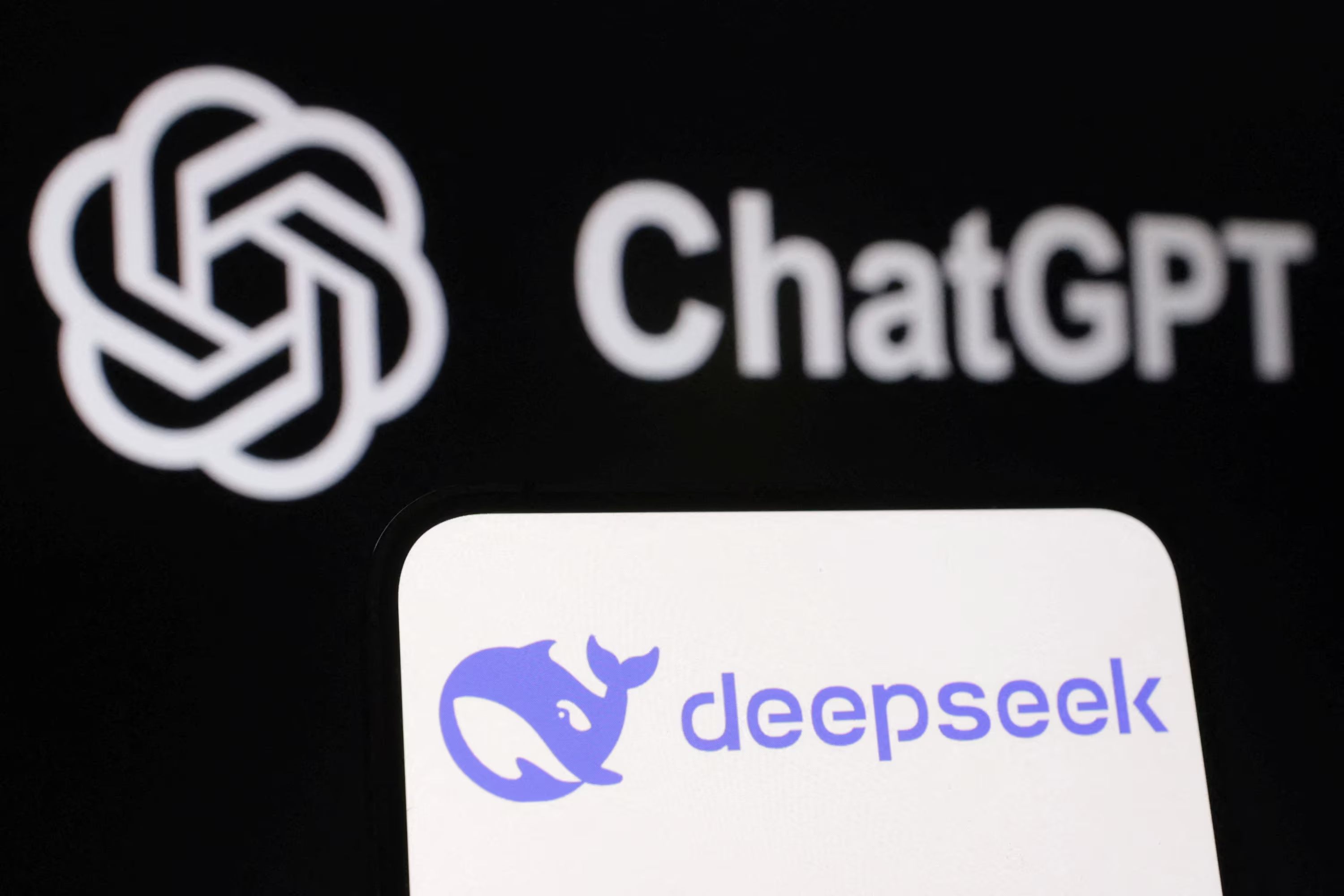





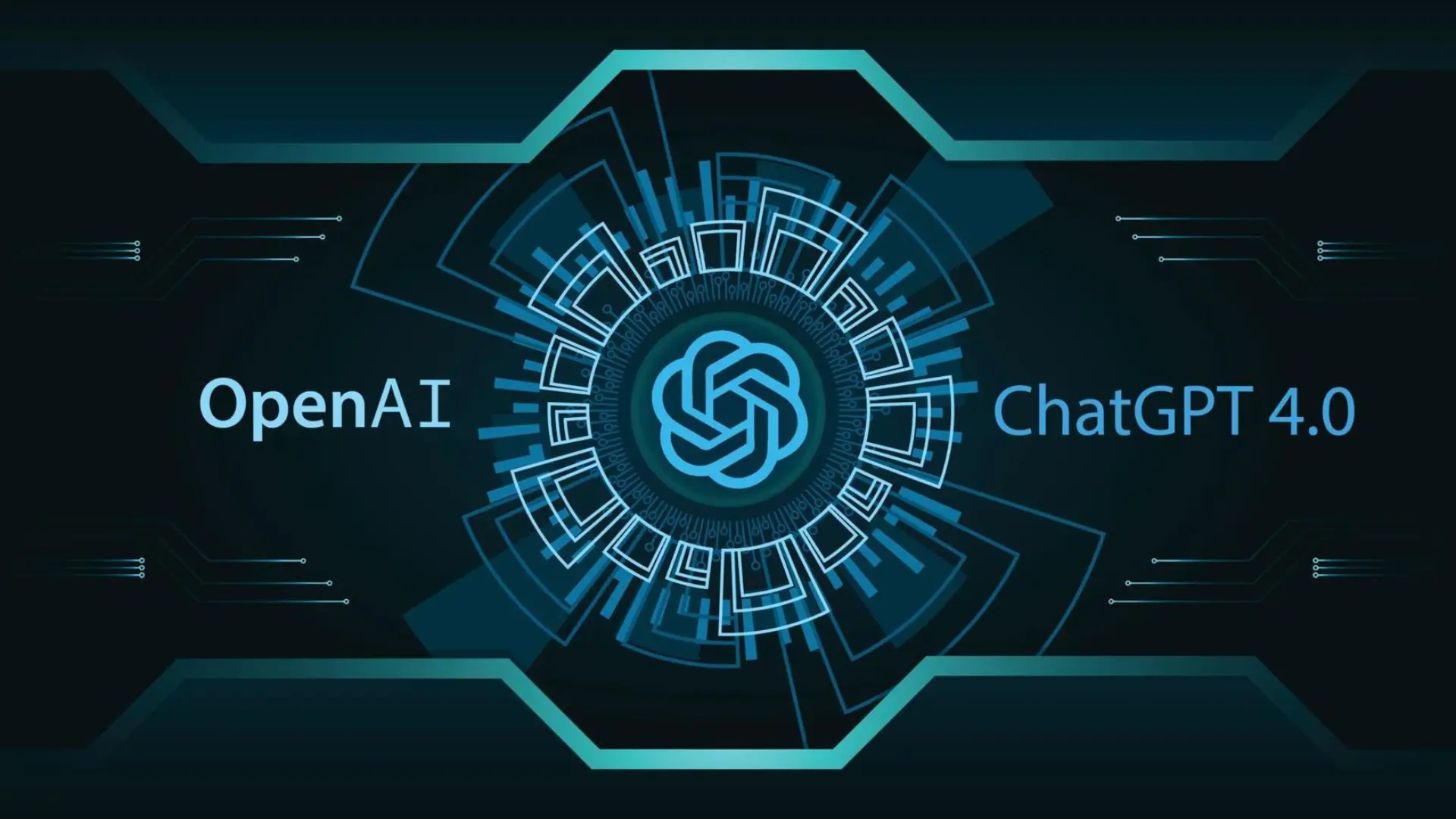













.jpg)




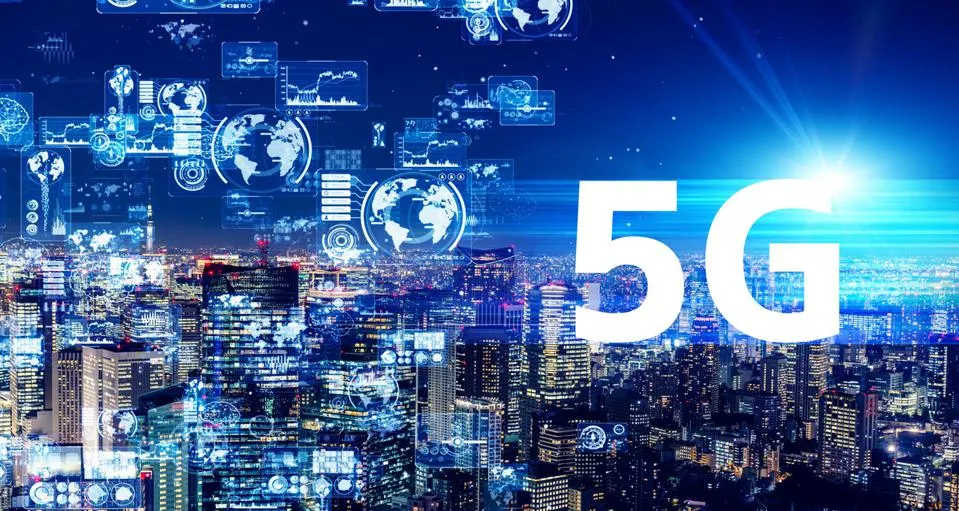








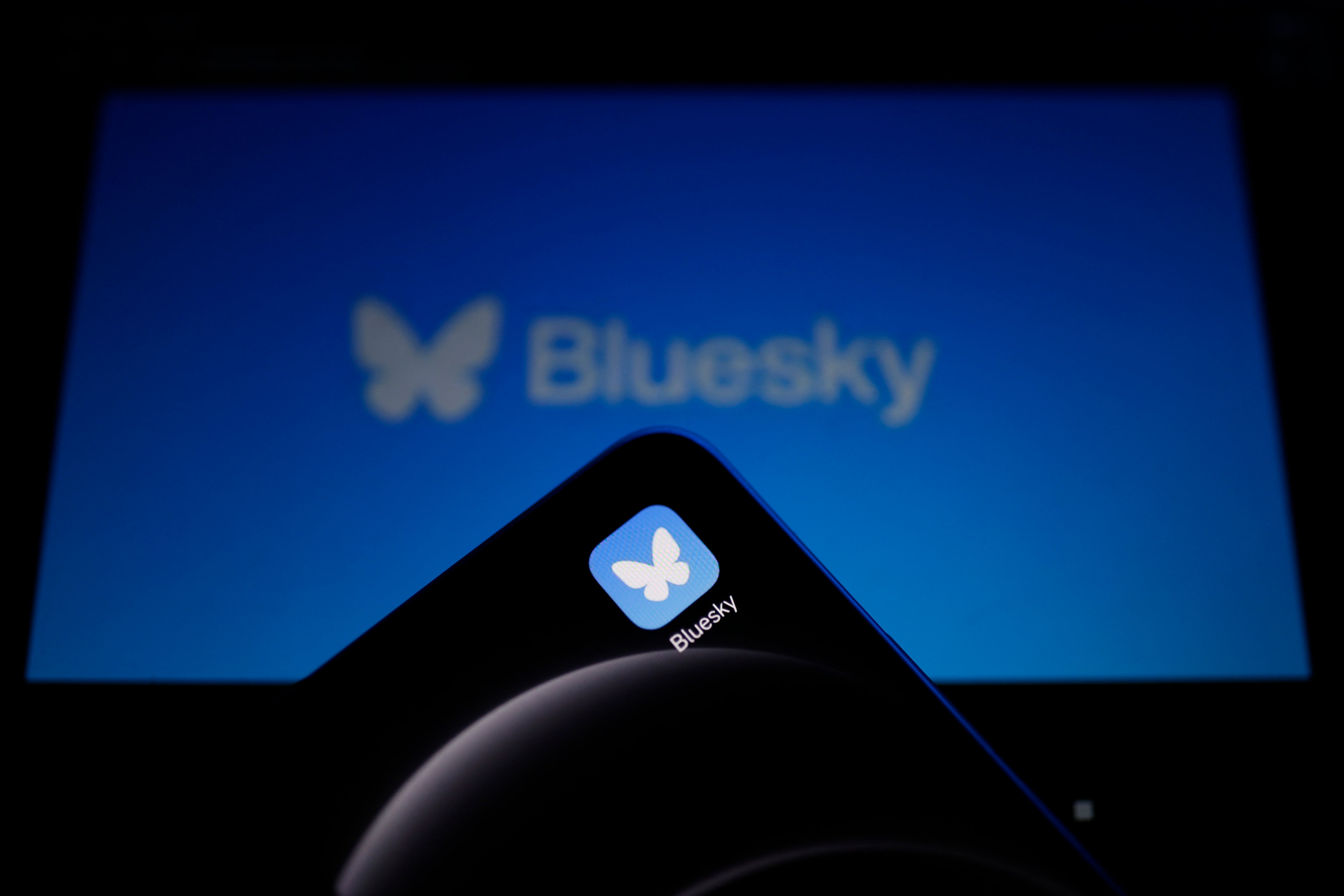

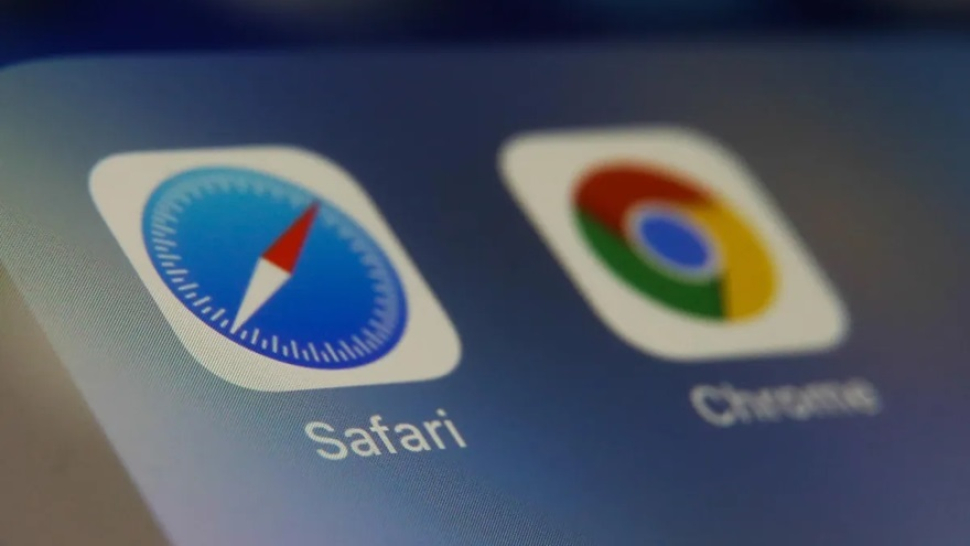


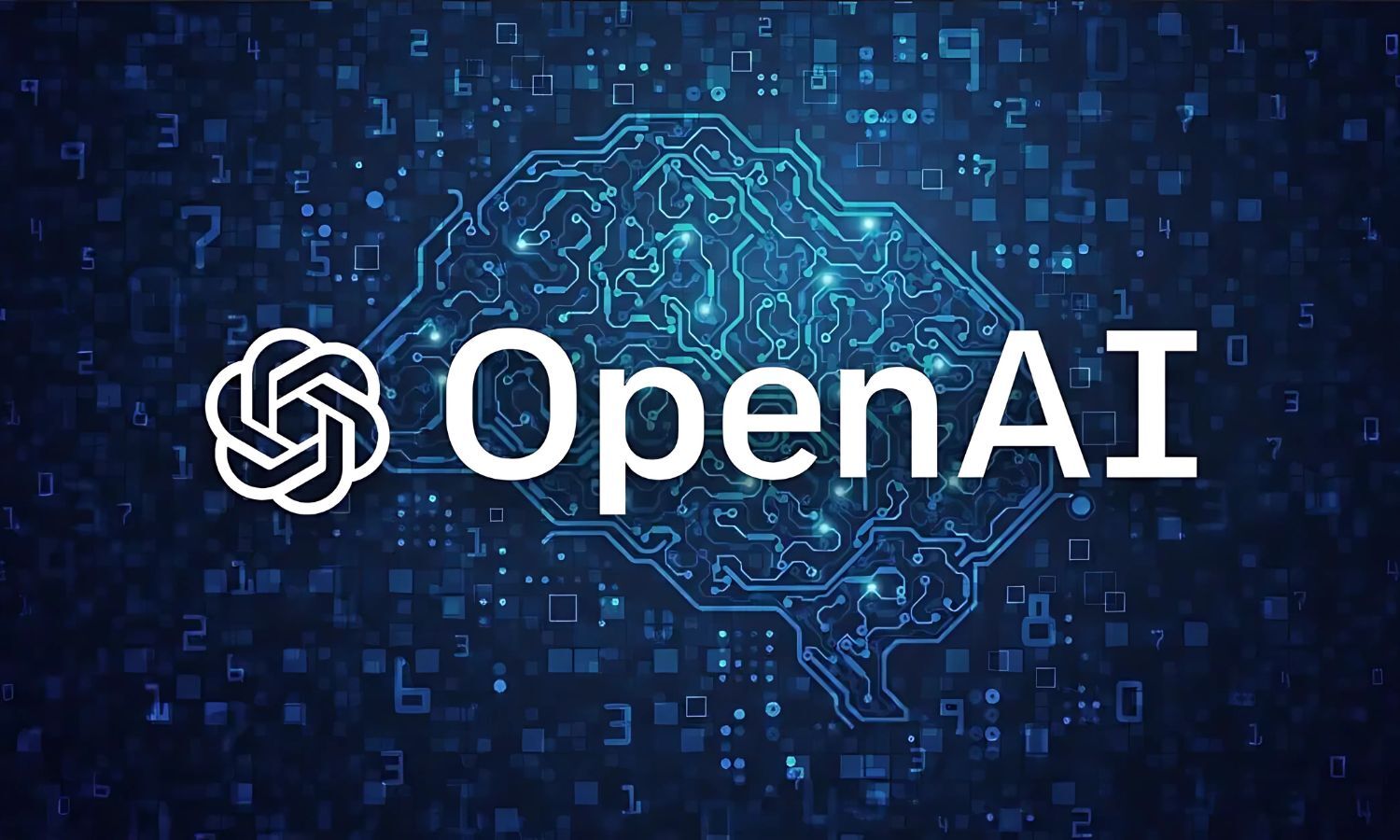
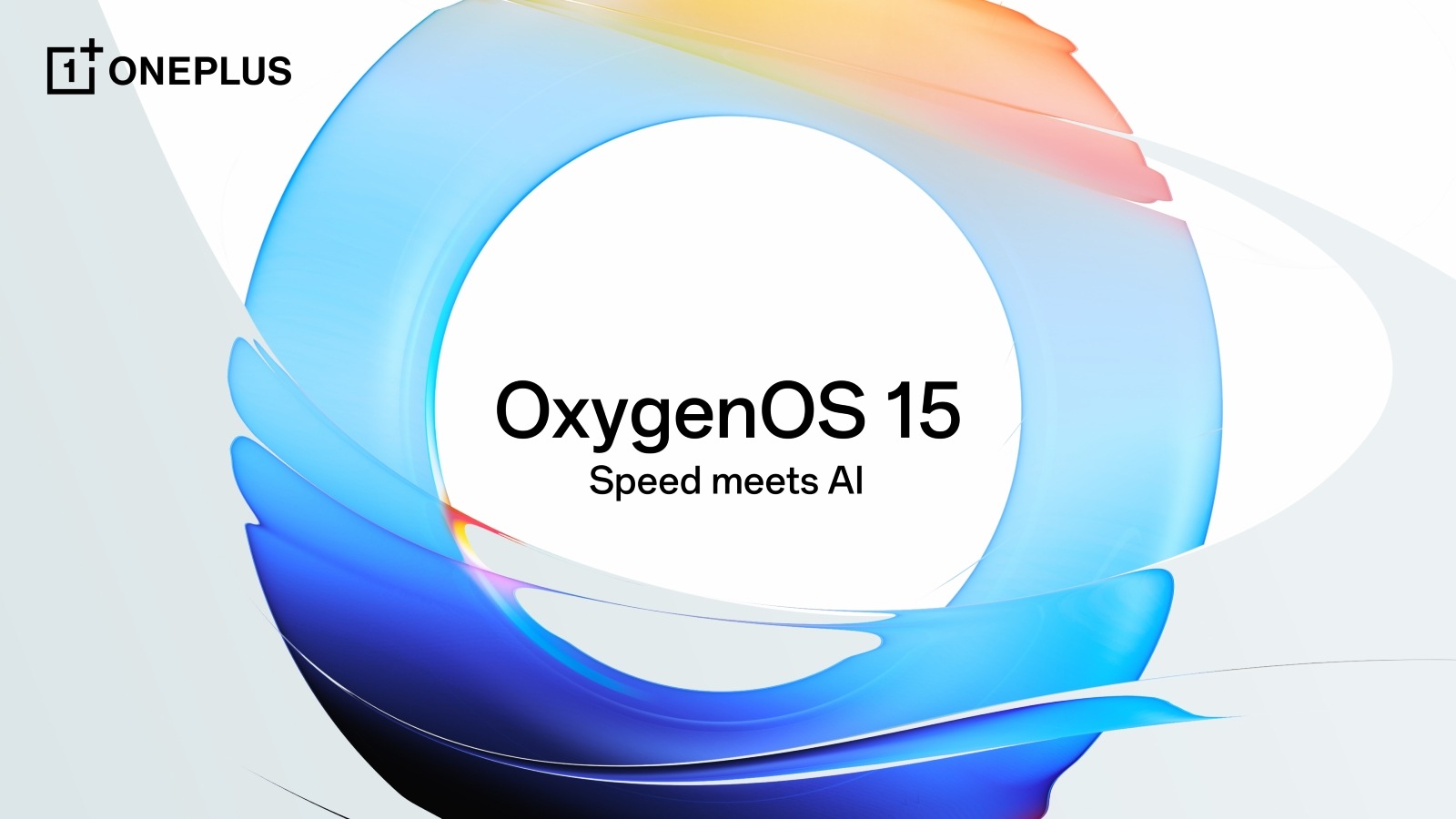
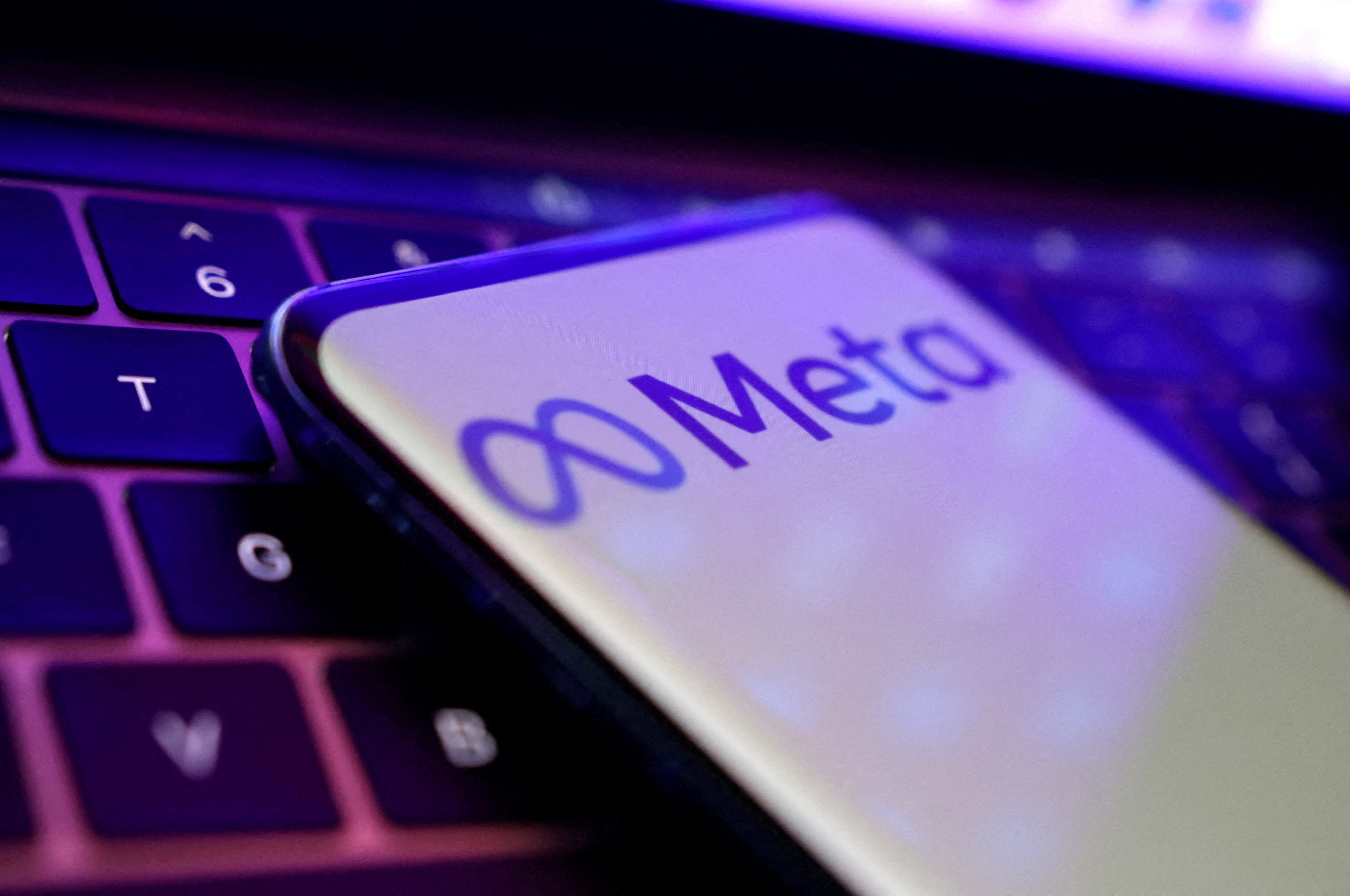



























































































.png)
 (1).png)





















